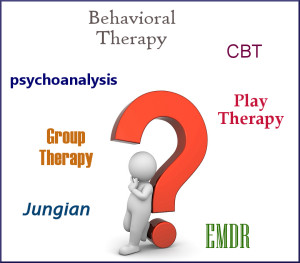Finding a Therapist
You’ve decided to seek therapy, but who do you trust with this process? Choosing the right therapist can be a challenge, especially in California’s urban areas where there are many therapists to choose from. Good therapy relies on some important qualities: an engaged therapist, a safe and respectful environment, and a depth of understanding that can be witness to all of you are.
I believe there is a wisdom within each conflict, whatever the source: uncomfortable feelings, difficulties with work, school, or relationships, unmanageable stress, or more severe symptoms such as persistent thoughts about death, or spiritual and existential crises. Through the right kind of therapy, this wisdom can be fostered into being. This process can be compared with what the oyster does with an invading grain of sand. The oyster’s ability to create the pearl out of this invasion is one that, to the oyster, does not seem like much, but to us, it is a wonder to behold.
I have studied and written about the concepts of resilience (how people survive major mental health crises) and transformation (what promotes change in people’s lives). I have come to understand the lasting effects of change as created through the medium of psychotherapy. There is a kind of listening that goes beyond just hearing and reaches a place of deep connection and understanding. This in turn creates new pathways of healing that have been neurologically demonstrated. This is brain power at its best and most creative. I invite you to come along on this healing journey.
If you’re still unsure about who to choose, take a look at this detailed guide for helping people find a therapist.

The following is a brief article published in the American Psychological Association’s Monitor on Psychology about the work of Dr. Jonathan Shedler, a psychologist who has studied the efficacy of psychodynamic (which includes Jungian) psychotherapy:
“Psychodynamic psychotherapy, which focuses self-reflection and self-examination to get at the root of suffering, is at least as effective as symptom-oriented treatments like cognitive behavioral therapy or psychoactive medication, according to a January review of meta-analyses by Jonathan Shedler, PhD, a psychologist at the University of Colorado Denver School of Medicine (American Psychologist, Vol. 65, No. 2). According to one major meta-analysis, Shedler says, psychodynamic psychotherapy was about three times more effective per treatment than the most popular antidepressant medication. The benefits of psychodynamic psychotherapy seem to persist and even grow larger over time, he says.” (American Psychological Association [March 2010]. In Brief. Retrieved from https://www.apa.org/monitor/2010/03/inbrief
